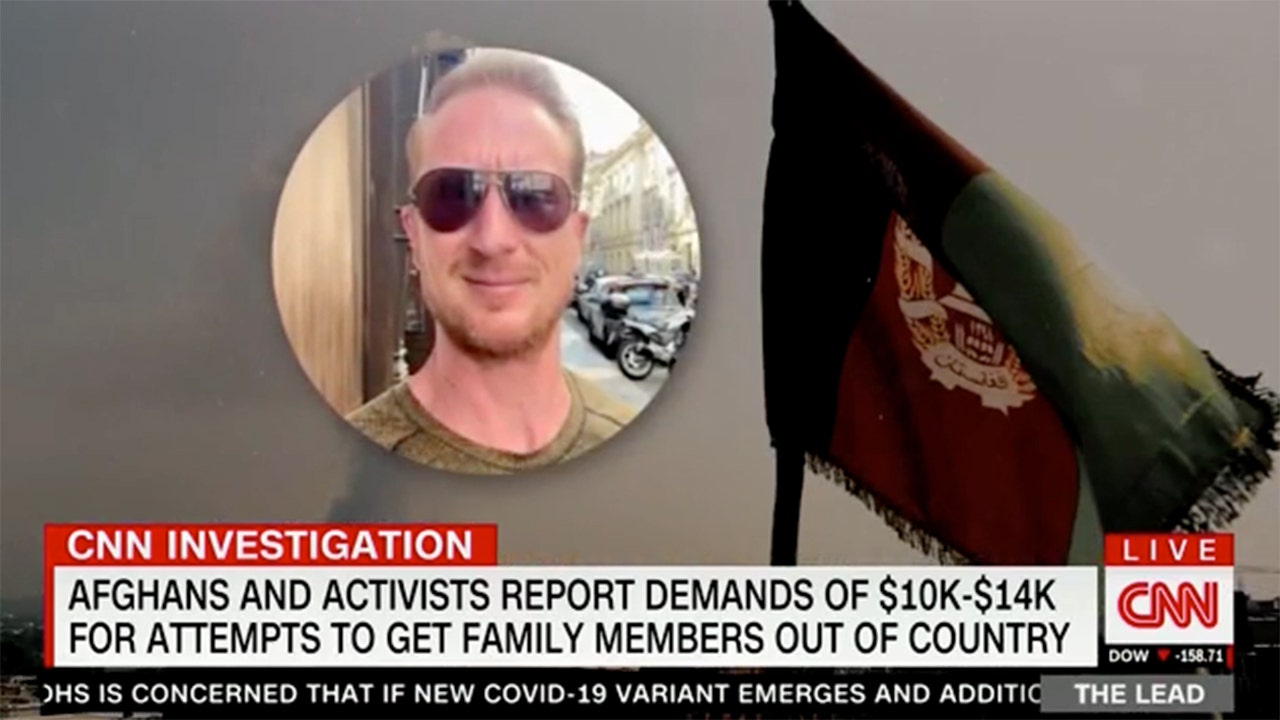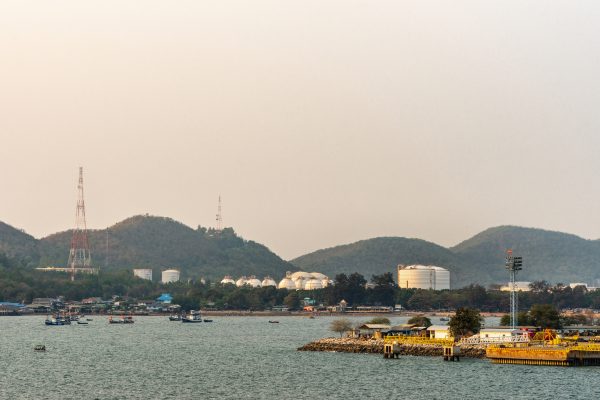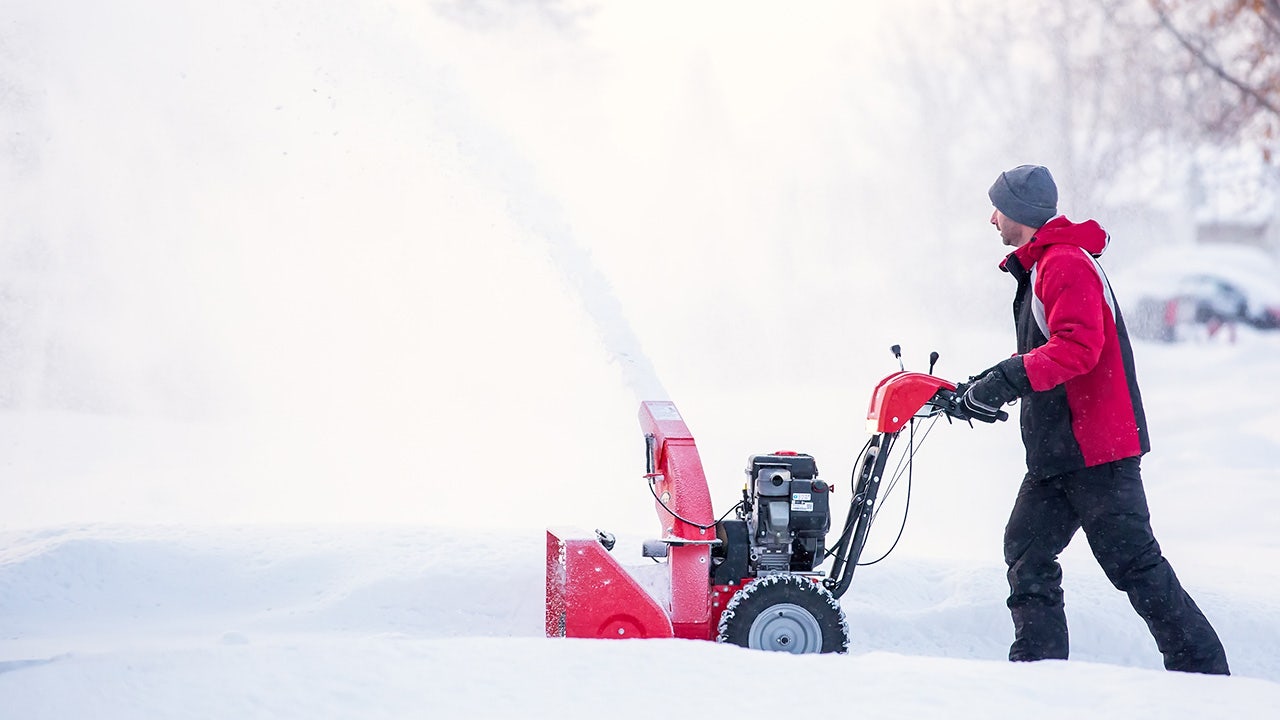RIO DE JANEIRO, Aug 20 (IPS) – A never-ending battle threatens the indigenous rights that seemed clear and secure in Brazil, until the extreme right emerged in 2018 with a force challenging the civilisational advances set out in the Constitution.
After three decades of progress in the demarcation of their territories and other victories, Brazil’s indigenous peoples have suffered setbacks since the administration of former president Jair Bolsonaro (2019-2022). Now that the government is friendly to their demands, they face an insidious enemy: the time frame.
“I see no prospects for a favourable solution,” admits Mauricio Terena, a lawyer and coordinator of the legal department of the Articulation of Indigenous Peoples of Brazil (Apib), formed by the country’s seven main indigenous organisations.
“We are worried, our expectations are not good”, agreed Juliana Batista, a lawyer at the Instituto Socioambiental, an indigenous and environmental non-governmental organisation.
Both are referring to the conciliation process convened by the president of the Federal Supreme Court (STF), Gilmar Mendes, in search of an agreement on the indigenous lands, between the indigenous peoples themselves and the legislators who passed a law in the National Congress imposing a time frame.
This time frame, a rule limiting indigenous peoples’ rights only to the lands they had occupied up to 5 October 1988, the day the Constitution was enacted, is the weapon of a far-right offensive that has sown uncertainty and setbacks among indigenous peoples.
On 21 September 2023, the STF deemed this framework unconstitutional, after years in which this notion, embraced by some judges, prevented several demarcations. The Constitution assures indigenous people “original rights over the lands they have traditionally occupied”, which is the opposite of a date.
But Congress rebelled against this ruling and six days later passed a law setting the time frame and amendments that weaken indigenous autonomy and the protection of their territories.
President Luiz Inácio Lula da Silva vetoed most of the measures, including the time frame. But three months later Congress overrode the veto, in an open challenge to the president, the STF and the Constitution.

The risks for indigenous peoples
“Conciliation has no sense on a thesis that the Supreme Court has already deemed unconstitutional. It looks like a move of self-preservation by the Supreme Court in its disputes with Congress,” Terena told IPS, referring to the worsening conflicts between the two branches of government that have been roiling Brazilian politics for the past five years.
The STF’s battles, previously more frequent with the executive branch due to Bolsonaro’s abuses of power and lies, including in relation to the Covid-19 pandemic, are now common with the legislative branch, where the extreme right has grown stronger, despite Bolsonaro being defeated in his 2022 bid for re-election.
Judge Mendes is reportedly trying to flexibilise the dispute, mainly with the “ruralistas”, the agribusiness caucus, the largest in Congress and upset by the STF ruling, which considers it hostile to rural property and a factor of legal uncertainty for the powerful rural sector.
To this end, it has set up a Conciliation Commission, a series of STF hearings when a matter under its consideration is particularly controversial and could become conflictive. In this case, it is made up of 24 members, mostly legislators and government representatives.
Apib has only six members and feels it has been left with a dramatic choice.
Terena belongs to this indigenous group that feels at a disadvantage and has threatened to withdraw from the negotiations at the first hearing, on 5 August, given the adverse rules for indigenous peoples dictated by Mendes, as rapporteur of the time frame processes in the STF.
The judge decided after that hearing to consult the indigenous communities before deciding. The second hearing will be on 28 August.

Contradictions weaken the Supreme Court’s role
Among the proposed rules, one states that if a party walks out from the negotiations these will not be interrupted. Another says that resolutions may be adopted by a majority vote. No conciliation is possible without one of the interested parties, nor is it imposed by a vote, Terena argued in his interview with IPS by telephone from Brasilia.
The decision must be delayed because there are many leaders to be heard and “many risks in withdrawing from or remaining in the commission,” said the member of the Terena people, one of the most numerous in Brazil, who live in the central-western state of Mato Grosso do Sul.
“I think the risks are greater in being present, because it would mean accepting these rules and legitimising a meaningless conciliation process,” the lawyer said.
Moreover, the indigenous people, the most affected party in this issue, are a minority in a commission that can vote on resolutions, Batista added.
The damage to indigenous rights is prolonged and accumulating.
The STF took two years to conclude the trial on the time frame and did not suspend the law’s validity, even though its main precept is unconstitutional according to the country’s highest court, the ISA lawyer pointed out.
“This contradiction weakens the authority of the STF. Mendes adopted a position that was more political than legal, so as not to confront the economic interests of a strong sector”, that of agribusiness, she also said by telephone from Brasilia.

To the detriment of the minority
Batista warned that “the rights of the indigenous minority are the negotiable part, in a larger negotiation to calm the alleged democratic crisis. But granting a snack to mitigate the crisis feeds the monster that the STF wants to devour.”
Terena stressed that since it seems unfeasible to defend the constitutionality of the time frame, “the object of the negotiation” by the ruralists is the compensation to landowners for the land in their possession that they may lose when indigenous rights are restored, and the economic exploitation, be it mining, agricultural or other, of the demarcated territory.
So far, those occupying land recognised as indigenous are only entitled to compensation for the improvements and works they have contributed to the territory, where economic activities are restricted and subject to indigenous acceptance.
Anti-indigenous forces may also benefit by putting obstacles to the demarcation of reserves, to delay the process. Compensation for those with legitimate land titles, a measure already approved by the STF, could make many demarcations unfeasible for a government with severe fiscal constraints, Batista said.
“What happens to indigenous people who do not get the land they need and are entitled to? Forced assimilation by the surrounding society, but also many deaths, including in conflicts over land, suicides of those who are not assimilated,” he warned.
The intended conciliation should prioritise obtaining “land to compensate and resettle occupants of territories under demarcation”, and for the growing indigenous population, said Marcio Santilli, a founding partner of ISA, in an article published by the organisation.
Genocide
The indigenous population, estimated at three to eight million when the Portuguese arrived in Brazil in 1500, fell to 294,131 in the official 1991 census, which for the first time counted those who declared themselves indigenous. Previously they were considered to be mestizos.
Historical genocide flared up during the military dictatorship (1964-1985). But it was precisely during this period that resistance manifested itself in the reaffirmation of indigenous identity and the struggle for rights, recognised in the 1988 Constitution, at least in relation to their land.
Three decades of democracy and constitutional rights prompted a renaissance of indigenous peoples that was reflected in the 2022 census: a total of 1,693,535 declared themselves indigenous, 5.7 times the 1991 population.
The Constitution encouraged the demarcation of 451 indigenous territories, 84.6% of Brazil’s total, in the three decades following the military dictatorship, according to data from ISA, which accumulates an extensive database on indigenous peoples.
But that progress was interrupted during the Bolsonaro government, a representative of the same forces that backed the military. The current administration has resumed demarcations and other indigenist policies, but with the limitations imposed by the power of the far right in Congress and in agricultural and religious sectors.
President Lula promised to ratify the 14 indigenous lands that were already demarcated and ready for final approval at the start of his government in January 2023, but four have yet to be ratified. Brazil has 533 of these territories already formalised, while another 263 are in various stages of demarcation.
© Inter Press Service (2024) — All Rights ReservedOriginal source: Inter Press Service





















Discussion about this post